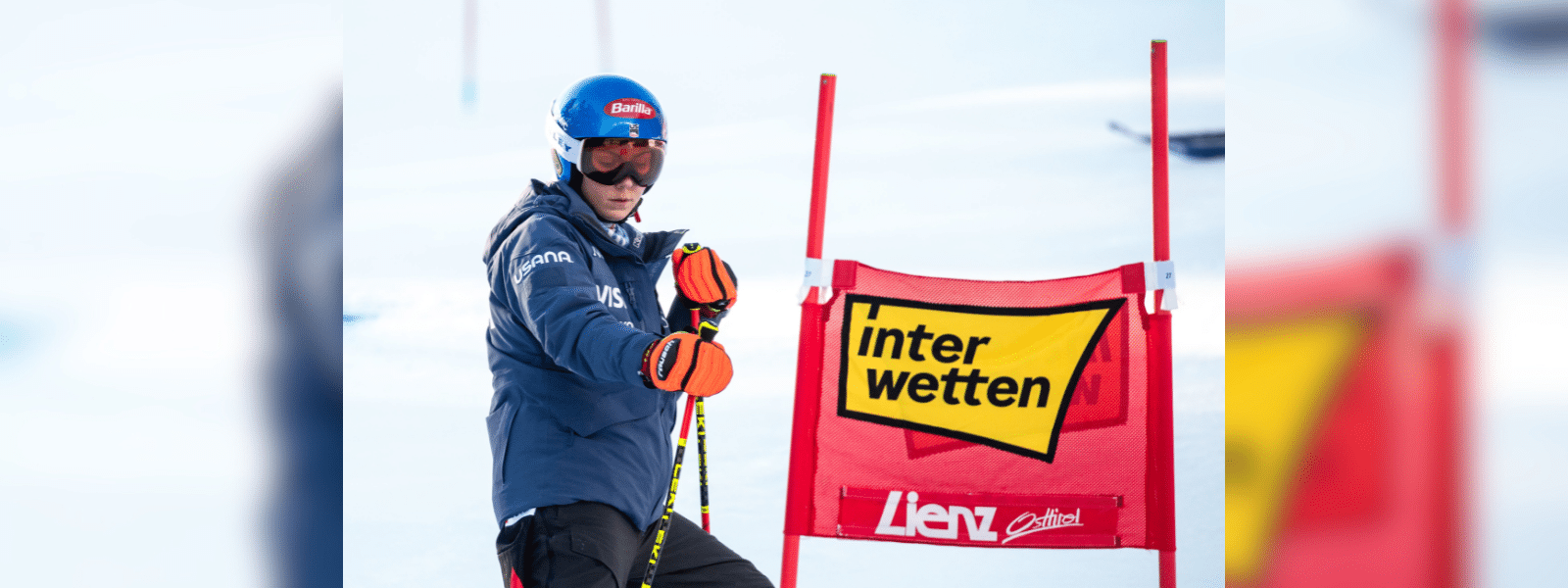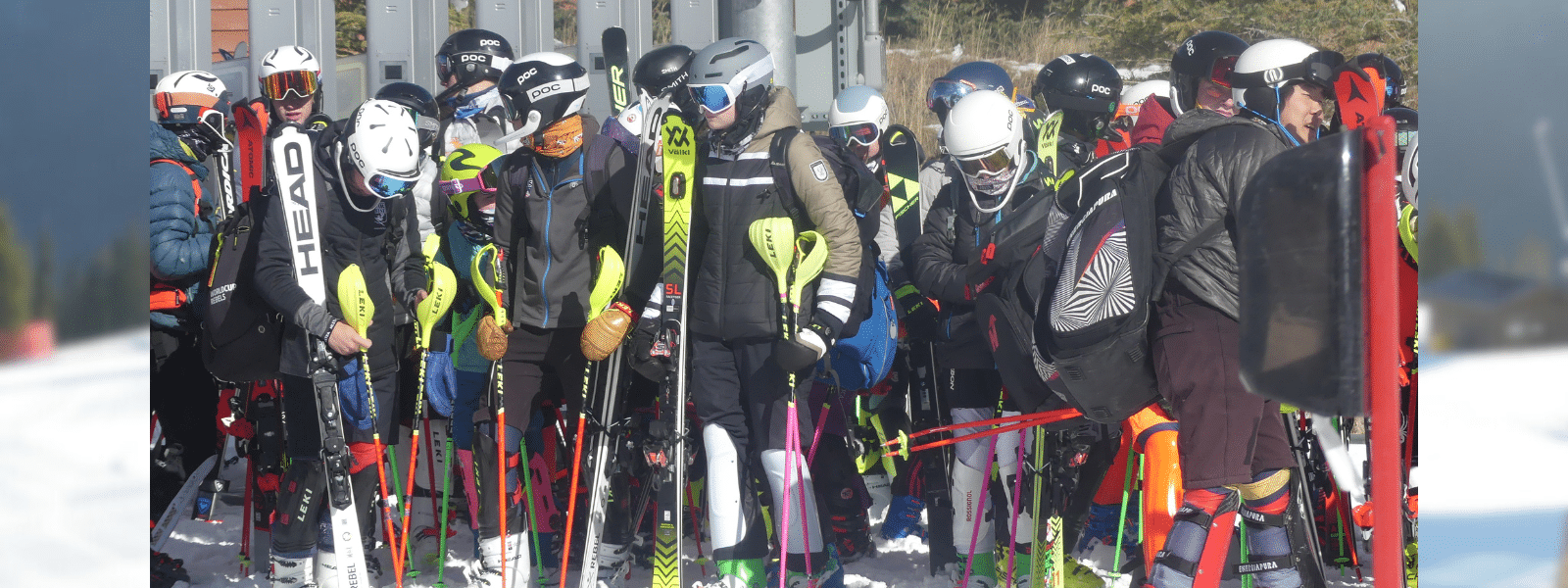Coach’s Corner: The Leap of Faith in Becoming a Coach
It’s summer; a ski racer’s off season. As August approaches, national teams are starting the search for snow again. Everyone else is pushing hard in strength and conditioning. It is also just the right time for coaches to get educated. Last week, for example, I completed the theory course for C-level coaches in Germany (comparable to 300-level in the US).
We discussed the different roles we must play as coaches these days; what jobs are part of the reality of coaches from medical advisor, friend, parent figure, ski service provider, sport psychologist, leader, idol, tutor and much more.
Today’s coaches need to fill many roles and my four-day course in a sport school close to Munich is trying to prepare me for this. Almost immediately, I started wondering, ‘Four days, is that enough?’
In many countries like Austria and the U.S., the national ski federations have taken on the role of educating coaches. In contrast, ski instructors might be educated by an auxiliary organization, for example, in the U.S. by PSIA or in Germany by the DSLV.
With this in mind, it’s surprising to me that in recent years that it has become more and more difficult for federations to find the outstanding coaches they are looking for. In other words, there is a disconnect between national teams taking on the role of educating coaches and then claiming there is a shortage of qualified staff.
Thomas Stauffer, men’s head coach in Switzerland confirmed my impression.
“I don’t understand it myself, I had such a hard time filling an awesome position. The job was perfect to enter coaching at a professional level, but I didn’t get qualified applications for weeks,” he said.
After three months he was finally able to fill this position.
Thomas Braun is the executive board member for sport development and education for the German skiing federation. He is responsible for the educational program for coaches and talks about similar issues.
“We would love to only have German coaches for our teams, but this is impossible; because we need to look for quality and therefore we need to combine German coaches with foreigners. Looking back, we can’t fill all coaching positions with the quality we’d like to.”
The bottom line is that outstanding coaches are missing in the industry.

Great coaches need to wear many hats. Here, Johno McBride, of the U.S. Ski Team, talks with Kjetil Jansrud, of Norway, during downhill inspection in Lake Louise in 2017. Photo: GEPA pictures/ Wolfgang Grebien
I then ask myself, how can I become an outstanding coach? Looking at the schedule of my classes during these four days I get the feeling that it won’t be enough to even cover all of the basics.
Earlier this year, I met with my fellow peers at the glacier in Kaunertal, Austria to get trained on snow. Course setting, drills, establishment of a race turn – on snow and in theory – were some of the topics we covered in May. Even though we were on the slopes from 7am to 4pm and went to theory lessons afterward, our instructors told us right away, they could only give us a small glance of what would be needed when we start working with teams. The coursework is intended to be used as a base, a first input. From there we need to develop.
Obviously, in these courses a coach gets an introduction, but it is a job that builds on learning by doing.
So, after finishing up my C-level certification as coach in Germany, I could continue and add B- and A-level, which are comparable with 200- and 300-level in the US. With each certification I would receive more input and get knowledge for different aged/leveled kids/athletes.
But what comes next?
In the U.S. I could add the 400-level certification, if I qualify for it. But these certifications are worth little outside the world of skiing. As a coach my job is at risk at least every year, in particular because many contracts are only 1-year contracts.
Certifications and degrees are very important in Europe; meaning work experience is often not enough to receive a job and if you do, you are paid drastically less.
“In Germany we realized a couple of years ago, that the education of coaches is more and more important for us. We started to look at our coaches as strategic potential for success,” Braun said.
That’s why, for a couple of years now, the German federation demands all their full-time coaches continue their educational training after receiving the A-level certification. First, you need to add a certificate as “Diplomtrainer” and after that, a bachelor of arts degree in sports.
It’s a win-win situation according to Braun.
“Years ago, we realized that payment and the evaluation of the job are issues, but social responsibility is also important,” he said.
With this bachelor’s degree in hand, coaches not only have the chance to improve in their profession, but potentially, after 20 years of traveling as a coach they have the qualifications to find a different job outside the world of skiing.
In total, the German ski federation spends 750,000 to 1,000,000 Euro every year in the education of their coaches.
It’s a long path to become a ski coach and it takes much time and energy to become a good one, and in particular, coaches at the lower levels often don’t go all the way. That’s why every nation I have looked into requires vocational training.
Usually, every two years coaches need to participate. In Switzerland, they require a two-day course to get their certification renewed. The topics vary depending on what the Swiss ski federation wants their coaches to learn about, but the content also might include what is asked for by coaches attending; e.g. a speed camp in Davos. At this time, many young coaches have been struggling and unsure about security, jumps and setting when organizing a speed camp for the first time in their careers.
Nevertheless, when the winter comes, I will be alone with my group of athletes. All the responsibility will lay on my shoulders, as will the expectations of the parents. Part of me wonders if it would have been smarter to start as an assistant coach so I could have also learned from someone with more experience, but since it’s difficult to hire experienced staff, I decided to take the leap.
Now the goal is to grow as a coach alongside as my athletes grow. I will look for input and support from others, knowing I won’t be able to fill all the roles a coach has. Staying in touch with some of my peers from coaching school and my exchange experience will help too.
Follow along with Monica’s journey to become a great coach here on skiracing.com where she will write more journal-style entries as a contributor to Coach’s Corner. Coach’s Corner is a collective column written by coaches for the ski racing community. Contact the Editor if you are interested in contributing.





















